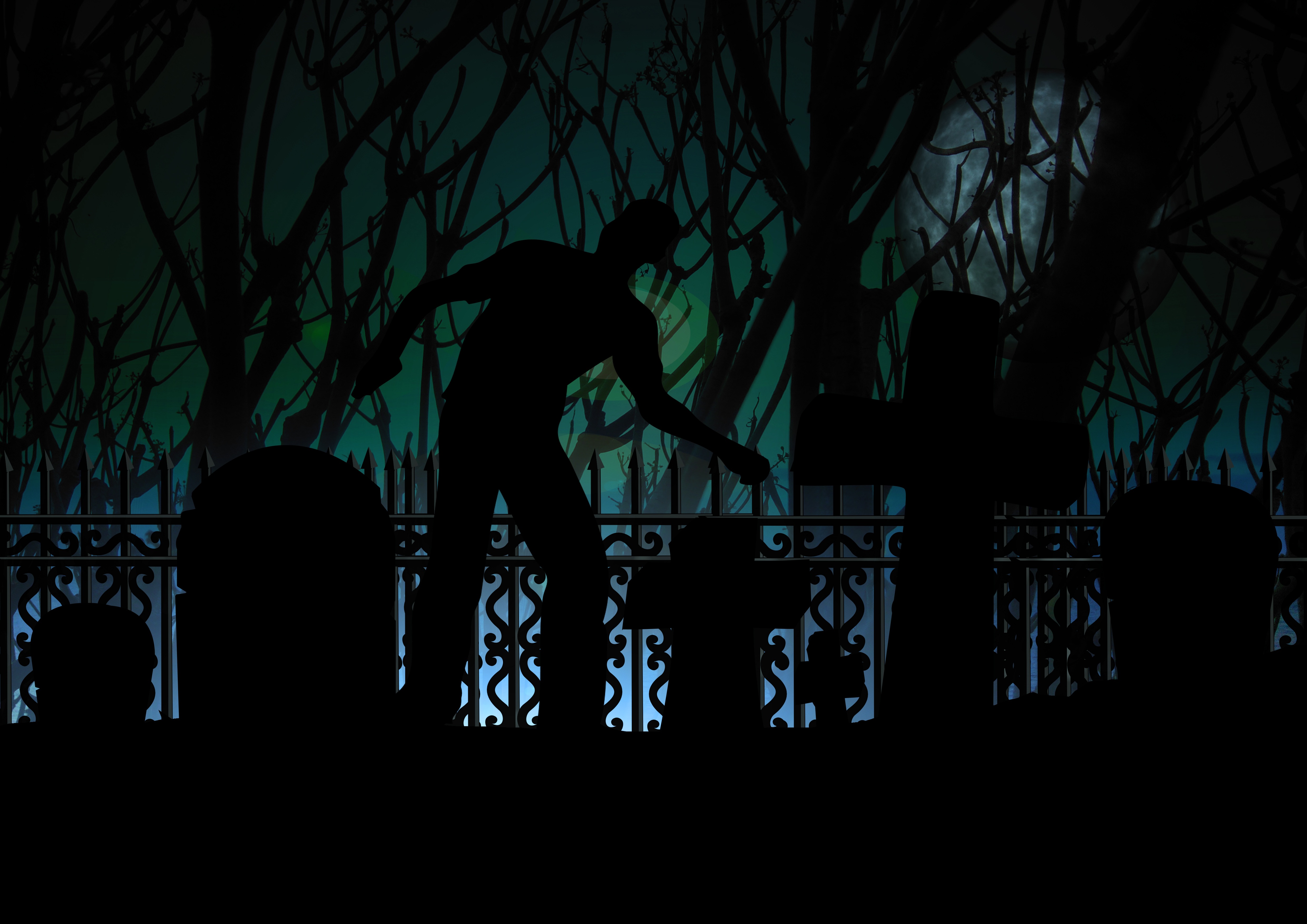(This article was written by Jengada from the ICE forums, but posted by me, as he doesn’t have writers status on the blog yet)
A couple of COVID-months ago, there was a discussion of mystics on the Blog. Many people view the mystic as a weak class, or don’t really know what to do with them. I actually think they’re one of the most appealing classes, and challenging in a positive way.
I’ve had a specific mystic culture in my campaign for 30 years, but recently a new player wanted an elven mystic. This took a number of questions I’ve pondered in my campaign, and shoved them in my face like a 100 C-Krush crit. If mystics are difficult, elves that “do not age or grow old” and “are virtually immortal” pose even bigger questions, and now they’re colliding.
Mysticism is about the relationship between self, cosmos, and any divine powers. We can draw on the real world for ideas of how a human sees these, but what happens when the being trying to understand that relationship watches centuries of change in the world, in nature and among other species like humans and dwarves? What are the questions they ask, and how would that affect the focus of elven mystics? Here’s what I came up with – it’s a work in progress, so please comment.
(While Rolemaster canon has elves as not aging or growing old, in my campaign I give them finite lifespans of a few thousand years. It’s hard enough dealing with a 300-year-old elf that knows all of human history, never mind 3000 years! Infinite lifespan would amplify many of the points I make in the following discussion.)
Elven mysticism is profoundly influenced by their exceptionally long lives, the rarity of birth among them, and lack of experience with death. Like all mystic philosophies, it centers on understanding the relationships between self, the universe, and the divine. It focuses on broadening one’s experience of the universe as a way of reaching such understanding.
Imagine all of the things an elf mystic could do, in their thousands of years, to experience the universe more intimately. Watching time unfold over seasons, seeing the variations in life- and death-cycles for different creatures, centuries of changing landscapes and civilizations – the insights they could draw! And if they could be other creatures for extended periods? Or plants? Or just inert matter?
Many elves recognize patterns in animal behavior after observing the animals for years. But other “intelligent” races, which the elves encounter less often than, for example, birds, fish, or cats, are less familiar to them. Mystics may find sentient races to be the most novel aspects of the world they have ever seen. A mystic might spend years watching a particular sentient individual, closely or at a distance, trying to learn how they experience the world and how their emotions work.
Elven mystics are obsessed with birth, and the newborn consciousness. Because elven births are rare, mystics will seek them out to be present. There are tales of female mystics seeking to bond with their own offspring during birth, only to drive both mad. Instead, novice mystics may simply seek to observe the birth of other elves, or animals. Adept mystics may be capable of forming a psychic link with mother or young and try to experience the consciousness as it first emerges.
The concept of death and the experience of passing is considered one of the biggest unknowns or windows through which to gain awareness, and elven mystics tend to fixate on observing death, or interrogating those who are dying to learn what they are experiencing. There is no record of an elven mystic committing suicide to achieve this knowledge, however, leading some to question their sincerity in their search and others to see it as a testament to the mind’s will to survive.
Elves as a species have a very different sense of time from humans or others of shorter lifespan. They have no personal need to hurry, and by the time they are adults they have experienced many things over, and over. These things will happen again, so there is no urgency in the moment. Because of this, they often seem uninterested or unfocused on matters other species consider very important. For similar reasons, encountering a situation or object that is unlike others they have experienced will draw their attention strongly, to the exclusion of almost all else. In the end, they again come across as distracted and unfocused, to those of lesser lifespans.
The general tendency among the elves is to keep to themselves. They build their cities in places others are not likely to venture, and many of them never experience a member of a non-elf species, despite their long lives. Elven mystics are exceptionally rare, in that they tend to travel far and wide. They experience space on a scale commensurate to the span of their years as part of their hunger for understanding and experience.
The search for expanded consciousness or linking with the divine or the cosmos has led elven mystics to develop a variety of methods and substances to open the mind or reach outward. They refer to these experiences as “opening the bridge” to the universe or the divine. Methods may include meditation, spell-initiated experiences, or physical ordeals that bring them to new perspectives. Substances include plant-based elixirs or foods or alchemical potions. Some mystics spend a great deal of time searching for new methods of opening the bridge. Bridge experiences may be brief visions, or they may involve prolonged trances.
These are some of the key factors I’ve thought of to make elven mystics unique, and suited to the culture that frames them. As I noted, if your elves are truly immortal, or “created” rather than born, there are some different twists you could put on the concepts above. Mystics can be a great mirror of a culture in your world, and a good player can use that mirror to make a mystic character very valuable to their party.
Mechanics in my RM2 game:
Adrenal Moves cost 3 instead of 5.
Ambush cost is 5 instead of 4.
Meditation cost is 1/2.
Level Bonuses: Elven mystics get +1/level for Perception, Subterfuge, Item, Directed Spell, and Adrenal Move skills. They get +2/level for Base Spells.
Spell Lists: Elven mystics get four of the standard RM2 mystic base lists: Confusing Ways, Mystical Change, Liquid Alteration, and Gas Alteration. They can choose two of the following lists as their other base lists, to reflect personal focus: Hiding (Mystic base), Solid Alteration (Mystic base), Body Renewal (Monk base), Sense Through Others (Seer Base), Light Molding OR Sound Molding OR Feel-Taste-Smell Molding (Illusionist Base), Mind Merge (Mentalist base), or Immersions (Custom mystic base).
The Immersions list is provided here as a pdf.



![War Law (Rolemaster) [BOX SET]: Charlton, S. Coleman: 9781558060999: Amazon.com: Books](https://www.rolemasterblog.com/wp-content/uploads/2020/09/image.jpeg)

